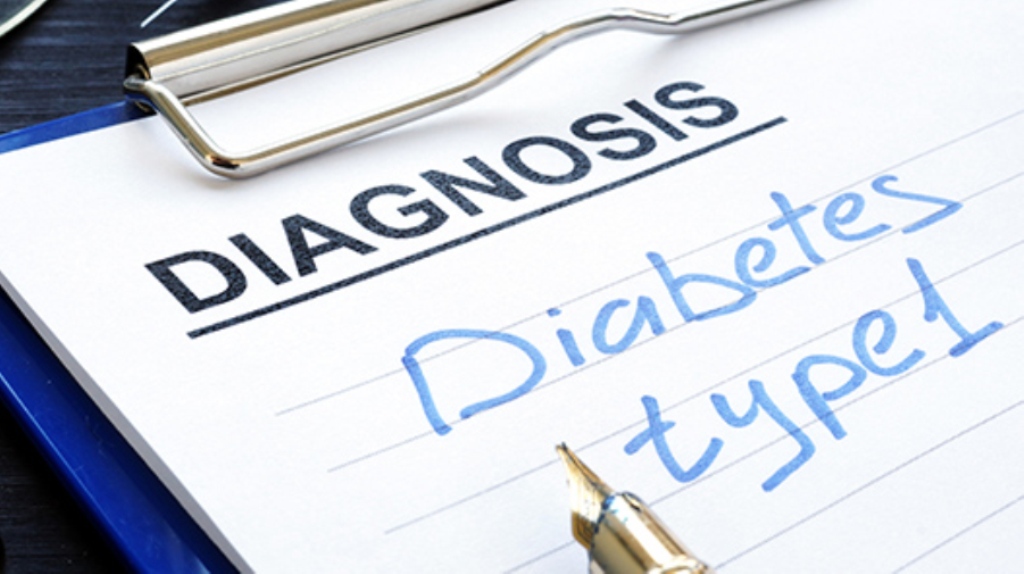Type 1 Diabetes: Maintaining blood sugar or glucose within an acknowledged healthy range will help boost your energy levels and prevent future health issues. However, according to Web MD, your sugar levels may shoot up irrespective of the efforts you are putting in towards controlling it.
You should try to identify the things you need to watch for, and that should keep you on the right track. Let us discuss some frequently asked questions about Type 1 Diabetes.
What is ‘Type 1 diabetes?
Type 1 diabetes is a health condition wherein the insulin-making cells present in the pancreas are destroyed by your immune system. These cells are known as beta cells. Type 1 diabetes is usually, a condition diagnosed in young people and kids. It is often referred to as juvenile diabetes.
What Are the Implications of very high or low blood sugar?
Even while sticking to your diabetes care plan and regularly checking your blood glucose, you may still experience phases of very high or low blood sugar levels now and then.
For instance, working out for less or more than usual could dramatically alter blood glucose levels. Very low blood glucose is a condition referred to as hypoglycemia. This condition requires immediate medical intervention and treatment.
When your blood glucose is too high, you are experiencing hyperglycemia. If hyperglycemia is neglected and not treated, it may culminate in diabetic ketoacidosis necessitating immediate medical care. Seek assistance and guidance from your diabetes care team. They will be there for you every step of the way during the entire diabetes management process.
What are the signs of Type 1 Diabetes?
Some early Type 1 diabetes symptoms may include vomiting, nausea, or stomach pains. These symptoms may develop within just a few months or even weeks. Type 1 diabetes could prove to be a severe health condition, and it may impact you while you are a young adult, a kid, or in your teenage years. It can take place at any age. Some of the signs of type 1 diabetes are:
Weight Loss:
The glucose that is flushed out with your urine eliminates calories too. That is chiefly the reason why several high blood sugar patients lose weight. Dehydration plays a major role too.
Dehydration:
When the sugar level shoots up in your blood, you develop a tendency to pee more often. It is the body’s response to high glucose as it eliminates excess sugar. A tremendous quantity of water is flushed out with your urine which causes dehydration, and your body starts drying out.
Damage to the Body:
Over an extended period, high blood glucose or sugar levels can start harming the nerves and tiny blood vessels in your heart, kidney, and eyes. You may end up getting atherosclerosis or hardened arteries that can culminate in heart attacks and strokes.
DKA or Diabetic Ketoacidosis:
If your body is not able to get adequate glucose or sugar for fuel, it will instead, start breaking down fat cells. Your liver may rise to the occasion and start releasing the stored sugar. This leads to the development of chemicals known as ketones.
Even though the liver helps by releasing glucose it had stored earlier. However, your body is not capable of using it without insulin. Hence, it starts building up or accumulating in your blood with ketones that are acidic in nature.
This combination of excess sugar, acid buildup, and dehydration is referred to as ketoacidosis and could be fatal if not administered or treated at once.
What Factors Impact Your Blood Glucose?
Many factors can influence the level of your blood glucose. While you may find some like illness, hormonal imbalance, and stress more difficult to exercise control on, other factors like diet, exercise, and medication are easier to manage.
The Diet:
The diet you follow is one of the most important factors for managing your blood sugar level. You must avoid foods rich in simple carbohydrates like white bread, pasta, rice, and potatoes because these foods have a low glycemic index.
It means that these foods are more quickly digested and cause blood sugar levels to spike. It is better to change your diet to whole grains and include veggies and fruits. Make it a point to avoid fatty red meats and opt for poultry, fish, and low-fat dairy products.
You should consume foods high in non-soluble fiber as it helps blood sugar control. Foods rich in non-soluble fiber help maintain healthy bowel movements and keep your body free from toxin accumulation.
Regular Exercise:
You must also abandon a sedentary lifestyle and exercise 30-45 minutes daily for better weight management and blood sugar control. Exercise encourages the production of insulin, which is vital for controlling blood glucose. You can walk briskly, swim, run, bike, or work out in a gym if you prefer to work up a sweat, increase your heart rate, and burn calories.
Conclusion on Type 1 Diabetes
Follow proper diabetic care plans and take your prescribed drugs without fail. Diabetes medications like insulin help to control and check blood glucose levels.
Focus on learning to balance your medications like insulin with the right foods. Seek advice from your care team regarding insulin usage and when and how to adjust or tweak dosage.





